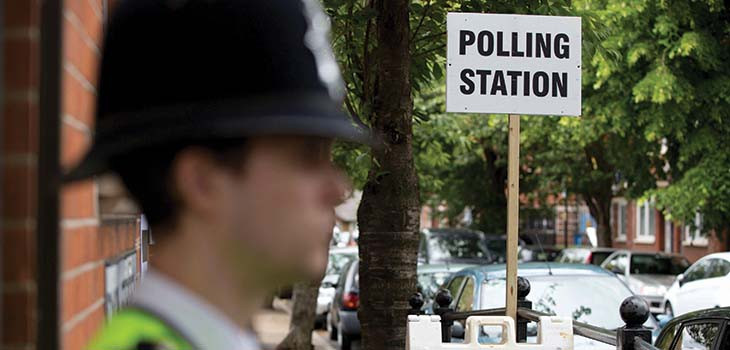
- The Supreme Court has ruled that pilot schemes and orders under s 10 of the Representation of the People Act 2000 making different provision as to how voting at specified local elections was to take place were lawful and authorised for a lawful purpose.
Although it seems that Shakespeare’s Cleopatra was able to ‘make defect perfection’, she was clearly exceptional. For human beings and their systems are generally experienced as less than perfect. The election system may be a case in point. Back in 2005, Richard Mawrey QC in the Election Court found (in respect of a Birmingham City Council election) ‘evidence of electoral fraud that would disgrace a banana republic’. And in his Tower Hamlets Election Court judgment of 23 April 2015 (Re Mayoral Election for the London Borough of Tower Hamlets held on 22 May 2014 sub nom Erlam and others v R [2015] EWHC 1215 (QB), [2015] All ER (D) 197 (Apr)),









